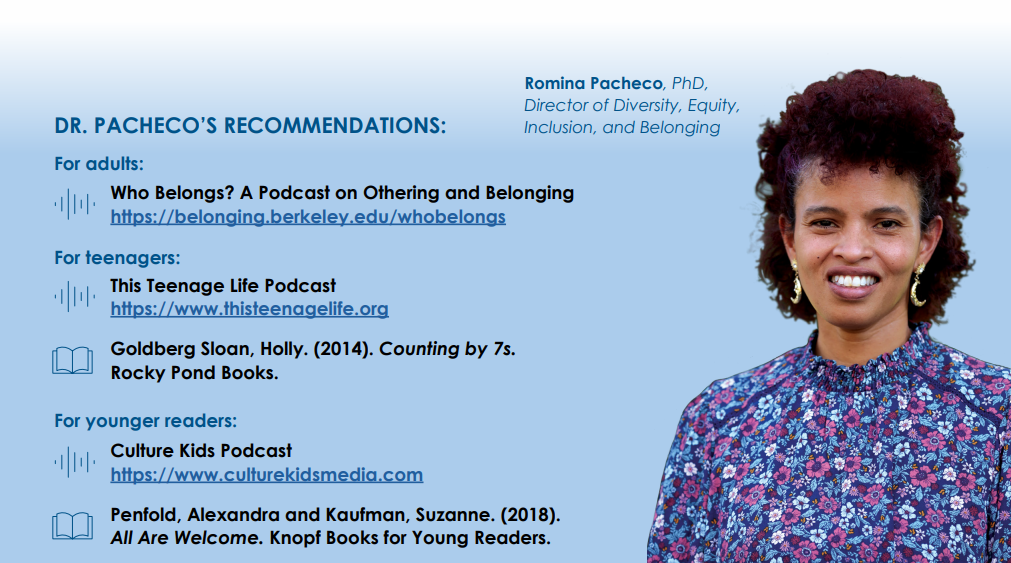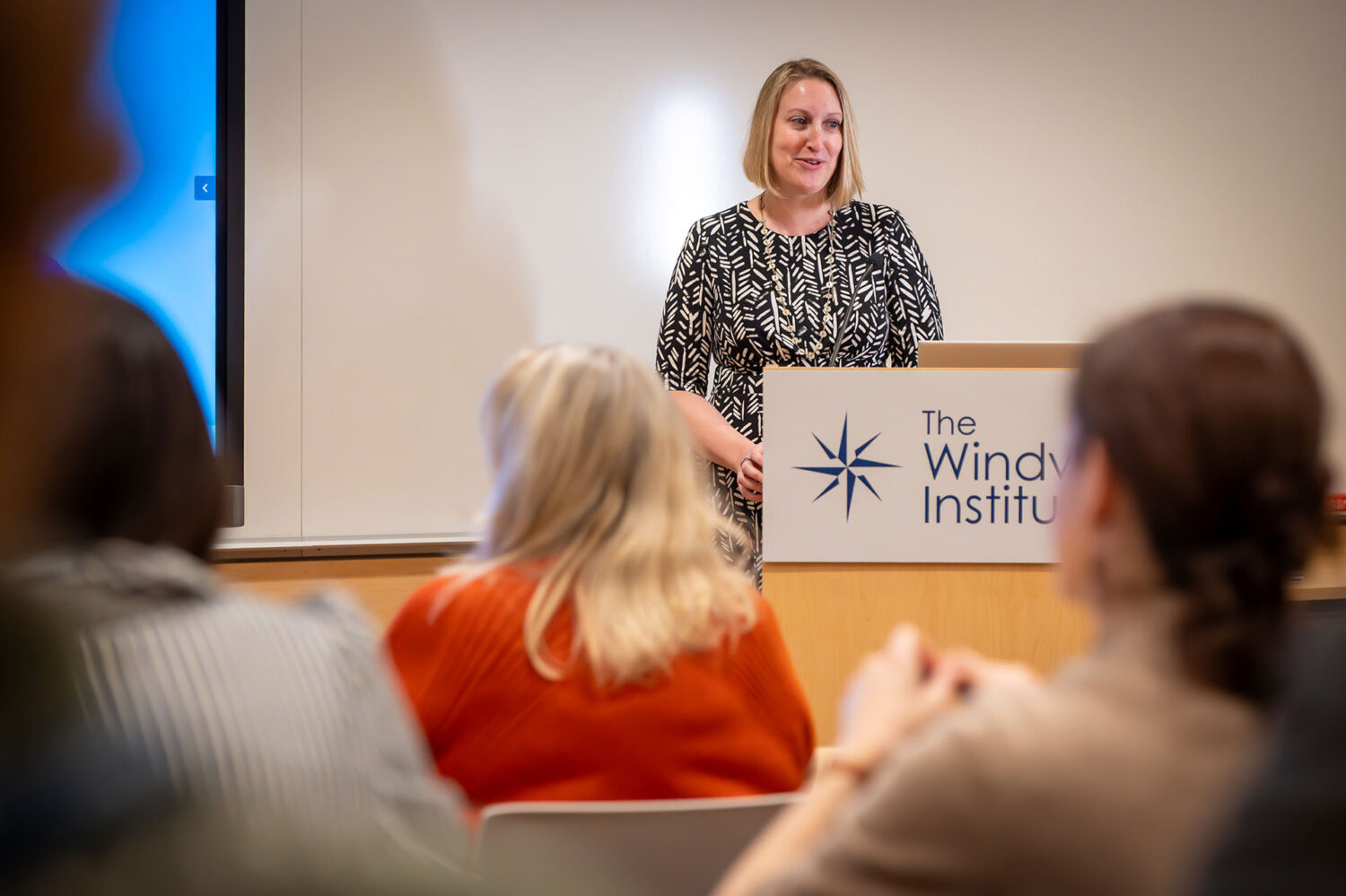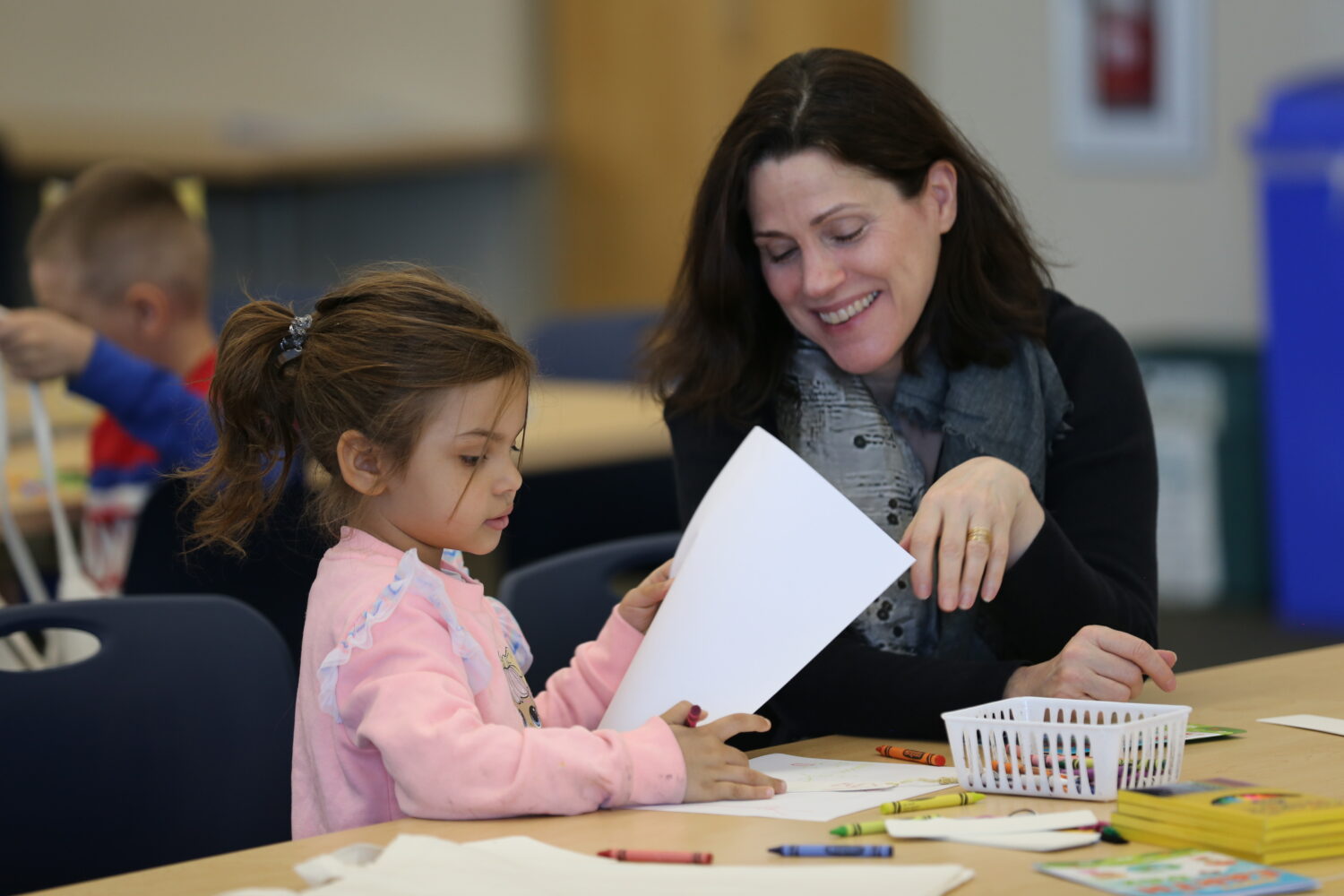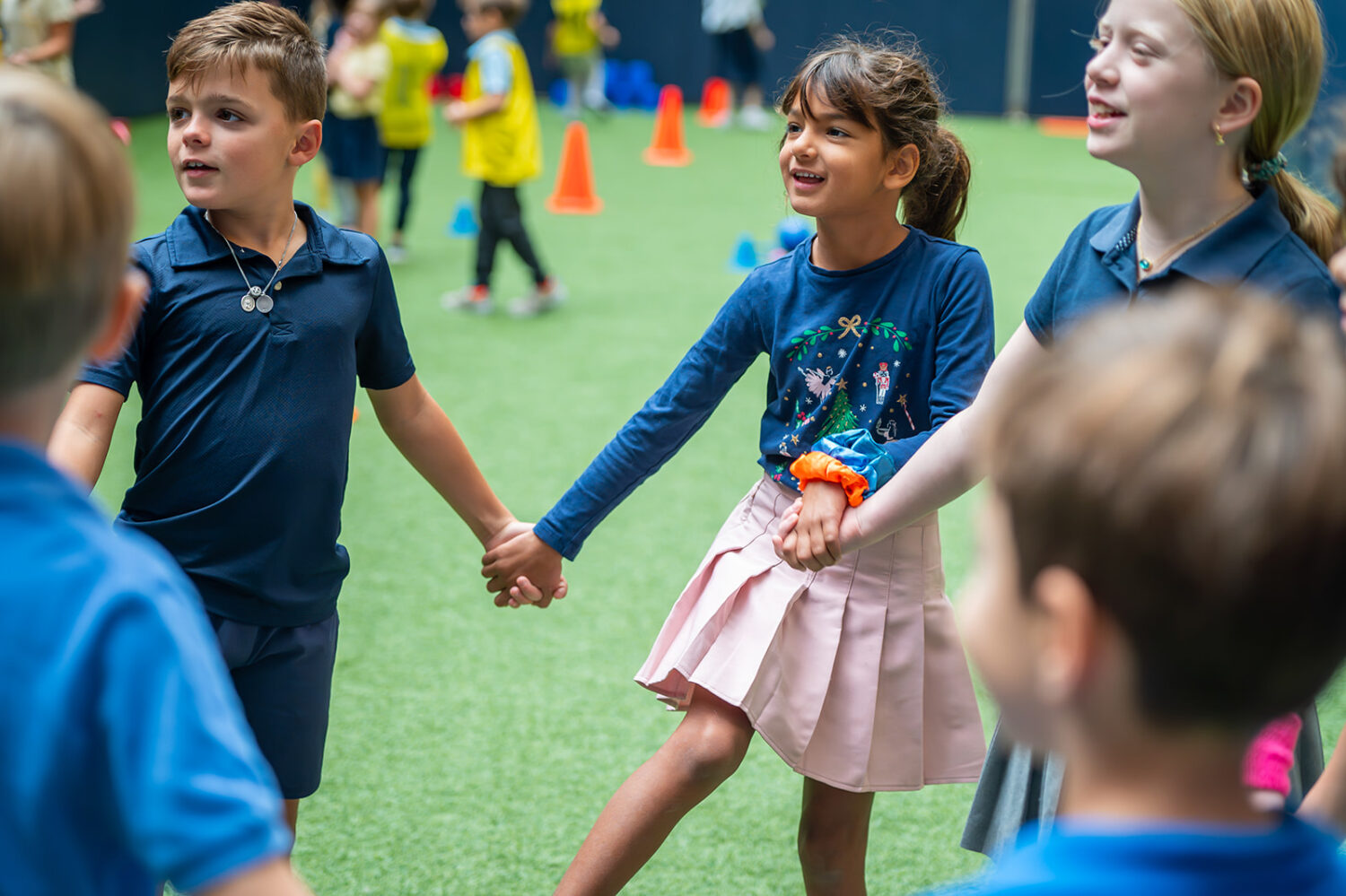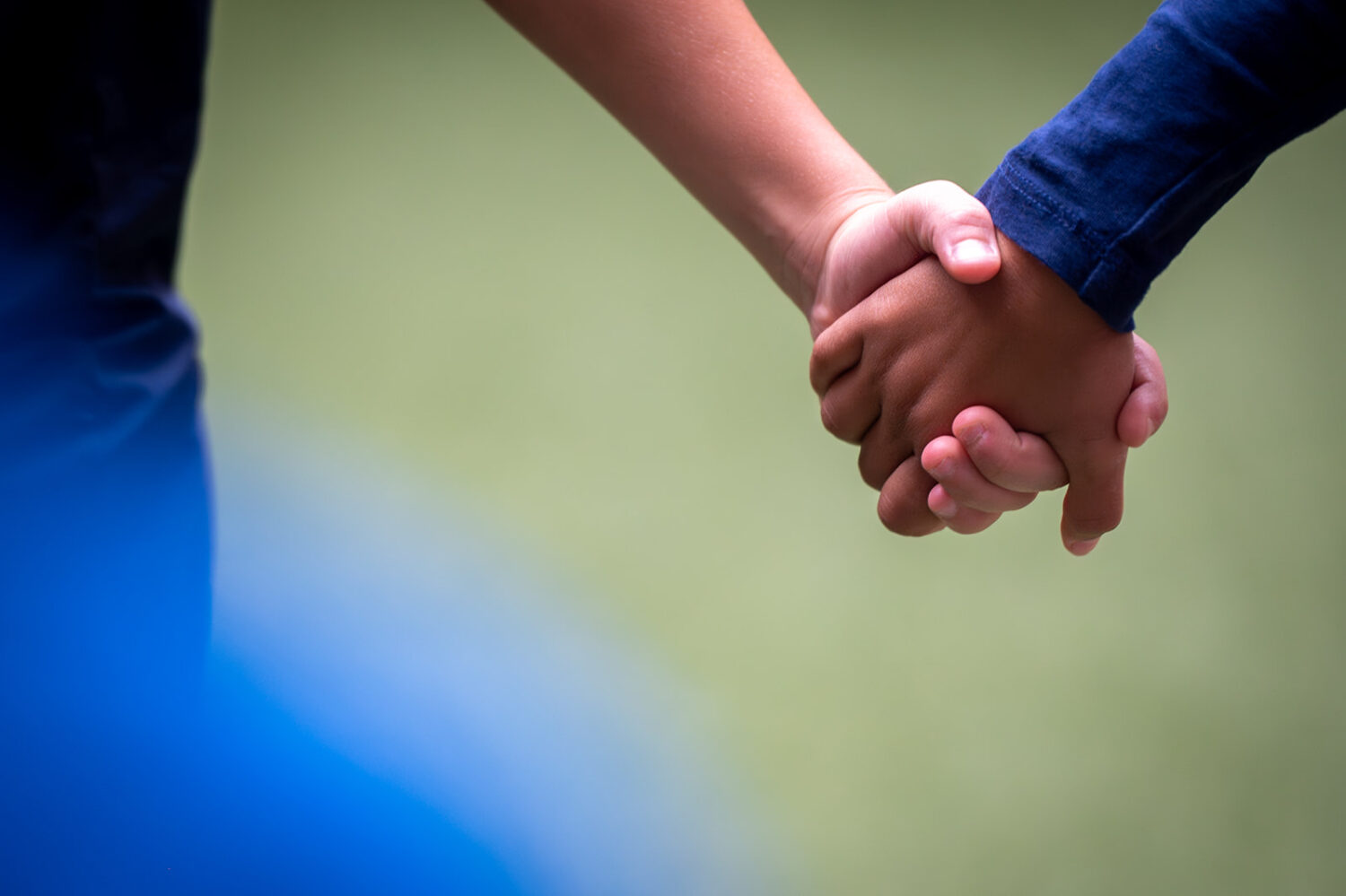The Windward School has long been recognized for its expertise in educating students with language-based learning disabilities. However, this commitment extends beyond addressing academic needs to fostering a school environment where every student feels seen, valued, and empowered. This commitment is embodied in the School’s comprehensive approach to diversity, equity, inclusion, and belonging (DEIB).
When Windward began to name DEIB as integral to its work, many within the community questioned why we needed such initiatives at the School. The simplest answer is that as an institution already serving neurodivergent learners, Windward recognizes that valuing different ways of thinking and processing information naturally aligns with the broader principles of DEIB: that is, the belief that all individuals deserve to feel accepted, safe, and supported, regardless of their identity. Therefore, Windward’s journey into intentional DEIB work stemmed from a fundamental understanding of its mission.
For Windward, a commitment to DEIB is not a separate initiative but an integral part of the School’s educational philosophy. It means actively working to integrate DEIB into everything the School does, from curriculum development to daily routines and school culture. This involves ensuring that every student, family, educator, and staff member can actively engage with and benefit from being part of a community that sees and understands each member for who they are. The School’s DEIB commitment can be organized into four pillars: creating an inclusive curriculum, encouraging student empowerment, generating spaces that nurture ongoing dialogue about equity and inclusion, and professional development for faculty and staff. Windward employs various strategies to achieve this.
Creating an Inclusive Curriculum
- Curriculum Integration: Coordinators, along with teachers, conduct yearly inventories of lessons to guarantee they are incorporating books featuring diverse characters and stories. The DEIB office also supports teachers in planning lessons that include discussions around topics such as race, class, culture, ability, gender, and religion through texts that bring an array of representation to reflect the experiences of a multiplicity of people from different backgrounds. This ensures students develop a deeper understanding and appreciation for different cultures and identities.
- Daily Acknowledgments: The School acknowledges various heritage months and other holidays and observances in the morning announcement slides, community meetings, bulletin boards, library displays, and special events, to raise awareness and celebrate the richness of histories and stories around the world.
- Targeted Lessons: Windward has also created lessons that focus on identity to support the healthy development of children living in a diverse community. This includes lessons that address behaviors that go against our values, such as the impact of microaggressions and stereotyping. The purpose is to establish a shared understanding that everyone belongs at Windward.
Empowerment and Inclusive Spaces
- Student Empowerment and Inclusive Spaces: Windward believes that students are vital in shaping an inclusive school culture. One of its goals is to nurture culturally engaged critical thinkers who are prepared to be responsible citizens in an increasingly diverse world. The School is dedicated to providing opportunities for students to engage in spaces that promote diversity and acceptance. Examples include the Middle School Gender and Sexuality Alliance (GSA) club, which provides a voice for LGBTQ+ students, and the Advocacy Club, which empowers students’ voices within the academic system. These clubs offer safe and affirming environments where students can connect, share experiences, and develop the confidence to advocate for themselves and others.
Professional Development
- Professional Development: Windward invests in ongoing training for its faculty and staff through SEED (Seeking Educational Equity and Diversity) and DEIB-focused professional development sessions integrated in the School’s new hire orientation and throughout the academic year. These trainings aim to enhance faculty and staff understanding of DEIB principles and create a supportive and inclusive classroom and work environment. The focus on professional growth helps build a community culture centered around inclusion and belonging.
- Adult Affinity Groups: The school offers affinity groups for faculty and staff based on race, sexual identity, and religious affiliations. These groups provide a supportive space for individuals to connect, share experiences, and support one another.
Overall, Windward’s structured literacy approach already recognizes and values neurodiversity. The School extends this same intentionality to cultural awareness and the inclusion of other aspects of the human experience. In creating a community where every member feels a sense of belonging, Windward recognizes that fostering diversity and promoting equity and inclusion are essential components of a truly supportive and enriching educational experience. It is this type of learning environment that empowers Windward students to
achieve unlimited success. Director of DEIB Romina Pacheco shares, “We know that we still have a long road ahead of us, yet we are committed to the work, because embracing diversity and promoting equity will ultimately benefit our entire community.”
Authors:
The DEIB Campus Advisors Dina DiGiacomo,
Shirley Hwang, Kayla Morales, Danielle Ngo,
Mackenzie Skerritt.
